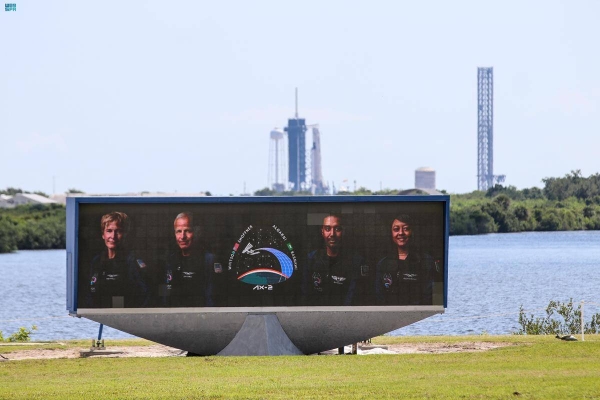
It felt significant that John McGinn’s viral bout of Bavarian dancing as the Scotland team were welcomed to their training base in Garmisch-Partenkirchen did not precede interviews with the Aston Villa midfielder. As in, not a single one. On Sunday evening, for a brief time only, McGinn and Scotland had their fun. They have not arrived in Germany as a circus act. The sole focus is on competing at the European Championship. Nobody is here to have their tummy tickled.
If an opening meeting with the hosts sounds galling to the Tartan Army, they must consider the alternatives. From 1996 until 2021, Scotland did not feature in the Euros. From 1998 until the same point, the Scots did not play in any major tournament. Anxiety over a clash with a seemingly reinvigorated Germany team is clearly preferable to watching from afar.
Scotland carry the burden of historic baggage. That is wholly unfair, of course; failure to emerge from a tournament group section in 1958, 1974 or 1992 – there are other examples, over half a dozen of them – has nothing whatever to do with Steve Clarke’s class of 2024. Nonetheless, until a Scotland team can sample knockout football in a domain such as this, the tag of glorious failures will stick.
This is actually inaccurate in the specific context of this team. Typical Scotland would not have seen off Serbia on penalties to qualify for the last Euros. Typical Scotland would not have played the greatest get-out-of-jail card of all time, courtesy of 87th- and 89th-minute goals to stun Norway in Oslo last June.
For much of that game, the visitors were a clear second best. Typical Scotland would not have rattled in three goals in the opening half hour in Larnaca three months later, when qualification was within view. New Scotland, new danger. Clarke is perfectly within his rights to rail against tired perceptions.
The manager has, however, delivered one flawed assessment. Clarke has articulated that the absolute worst outcome his side can deliver in Germany is the same as all of those who came before: a group stage exit. There were only eight teams at Euro 92. Four years later, 16 competed. The subsequent expansion of the competition has diminished its competitive value but also made it statistically easier than ever to make the knockout rounds. Even Wales and Northern Ireland have done it.
Clarke will never admit it, but Scotland can treat the Germany fixture as a free hit. All the pressure is on the Germans; with the trouble being, they tend to cope with that rather well. Far more significant, surely, is whether three points can be claimed from Switzerland on Wednesday. Scotland must respect Switzerland – who are tournament experts in comparison – but have no cause to fear them. The same applies to Hungary, whom Scotland face in what should be a crucial final group fixture in Stuttgart next Sunday.
Clarke’s buildup was disrupted by injuries but the strong core of his team – including Kieran Tierney, Andy Robertson, Callum McGregor, Billy Gilmour, McGinn and Scott McTominay – remains untouched. If that sextet perform, it would be a shock to see Scotland eliminated after three games.
Gilmour, Clarke’s baby-faced assassin, could well be outplayed by Toni Kroos but there is no prospect of the 23-year-old being intimated by the former Real Madrid star.
Confidence must not be absolute. The cocky Scottish football fan provides an unedifying spectacle. Against Finland in Glasgow last Friday, Scotland gave up far too many chances. This was not an isolated case. Clarke was also frustrated about the lack of conviction shown in front of goal against a hapless Gibraltar days earlier.
Even the stately Scottish midfield will not be a saviour should this team offer generosity at both ends of the pitch. A red flag is that Tierney, a left-back, is Scotland’s finest centre-half. Scotland’s regular trouble against a low block must have been noted in the camps of Switzerland and Hungary.
Clarke is savvy enough to know his squad’s limitations. He will have learned lessons from 2021, when the physical rigours of the Euros – namely, a fighting draw at Wembley – seemed to catch Scotland out. Yet the 60-year-old’s finest achievement to date has been securing buy-in from a supporter base that had been become beleaguered or uninterested by virtue of their team’s years in the wilderness.
They have travelled to Germany en masse because, at last, there are traces of justifiable expectation alongside hope.












